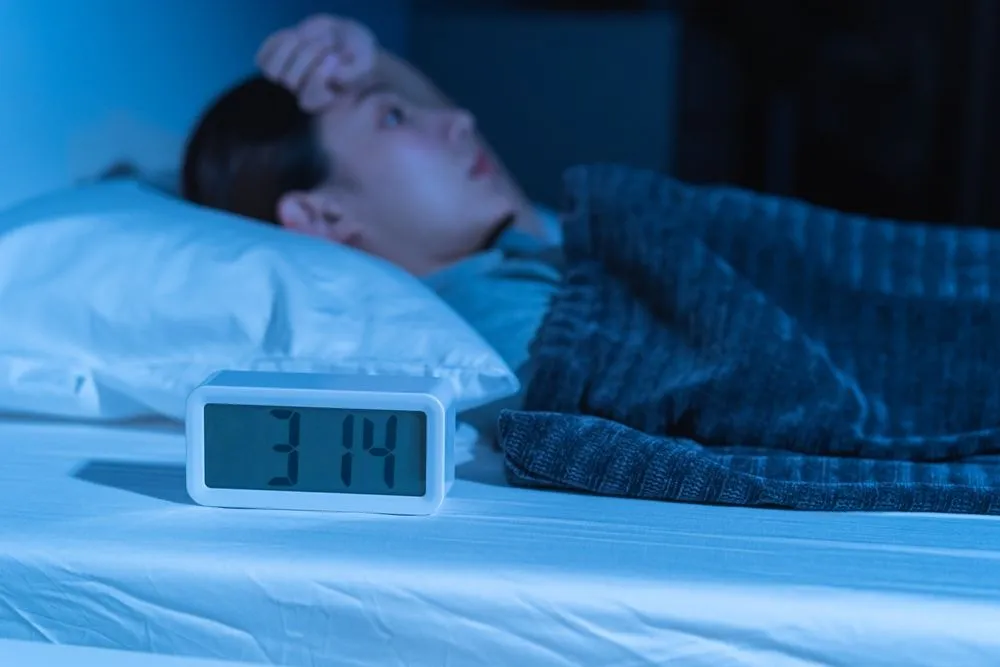For many individuals, the quality of sleep significantly impacts daytime well-being and overall health. Breathing problems during sleep may lead to difficulties ranging from daytime fatigue to reduced concentration. Identifying and addressing these issues early is key to improving sleep quality and regaining healthy functioning. One emerging method that has made diagnosing sleep-related breathing problems more accessible is home sleep testing.
What Is Home Sleep Testing?
Home sleep testing is a simplified version of an in-lab sleep study performed in the comfort of your home. It is designed to measure nighttime breathing activity, as well as identify irregularities such as pauses in airflow. Unlike traditional sleep studies, home testing uses portable devices. This can make it more accessible and convenient for tracking specific patterns associated with sleep-related breathing conditions. Sleep testing focuses primarily on diagnosing conditions like sleep apnea, where the upper airway becomes partially or fully blocked during sleep. By capturing data from the comfort of your bedroom, the testing process eliminates the need to sleep overnight in a clinical setting.
How Does a Breathing Problem Affect Sleep?
The restricted flow of air during the night can cause the body to work harder to breathe, disrupting the natural rhythm of sleep. Periods of reduced oxygen may cause awakenings or fragmented sleep without the individual being fully aware of the disruption. Some of the most common symptoms associated with breathing problems during sleep include loud snoring, frequent waking, and daytime fatigue. The prolonged impact on restorative sleep processes can lead to other concerns, such as loss of focus or decreased performance in daily activities. Recognizing the signs of a potential sleep-related breathing issue is the first step toward addressing poor-quality rest.
How Can a Sleep Test Help?
Sleep tests, whether conducted at home or in a lab, help gather valuable data about nighttime breathing patterns. Home sleep testing offers a convenient way to gather this data in a natural sleep setting. The individual sleeps in their own bed at home. This means that the data may reflect a more typical night’s sleep compared to the controlled environment of a sleep clinic.
Once the testing period is complete, specialists analyze the recorded results to interpret any breathing irregularities. If results indicate patterns consistent with sleep apnea or another condition, the next steps might involve recommendations for treatment options. The accessibility of home testing means more individuals can take the necessary steps toward better sleep. By understanding the results and working closely with a qualified sleep professional, many people may experience noticeable improvements in well-being over time.
Reach Out to a Sleep Specialist
Nighttime breathing problems may cause disruptions to more than sleep; they can impact almost every facet of life. Beginning with a home sleep test is an effective way to shed light on potential issues from the comfort of your home. Armed with the insights provided by the test, you can work with a knowledgeable sleep specialist to determine the next steps and tailor a plan suited to your needs.

